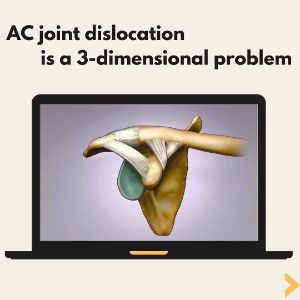The rotator cuff is one of those parts of the body we rarely give much thought to until something goes wrong. Not that we do not realize it is there; it simply does so much that we do not always know that it is in motion. Made up of four muscles that come from the scapula and join as tendons, the rotator cuff surrounds the shoulder joint. This is important for proper joint function since the shoulder socket is shallow. When it is injured, you may have chronic pain, pain with movement and difficulty moving your shoulder or arm.
Why Rotator Cuff Injuries Hurt So Much
The rotator cuff stabilizes the shoulder, allowing you to lift and rotate your arm in multiple directions without the shoulder coming out of the socket. When part of the cuff suffers an injury, it creates a lot of problems with any movement. You might experience a constant dull ache, experience weakness when you try to lift your arm or you may have pain, crackling or crunching sensations in the joint. It may become difficult for you to reach above your head, comb your hair or reach behind your back. The pain can often be worse at night and cause you to lose sleep.
Treatment for Rotator Cuff Injuries
Treating your rotator cuff injury will vary depending on your age, type of injury and degree of damage. Using a combination of physical examination, range of motion and strength tests and diagnostic imaging, a diagnosis can be confirmed, and a treatment plan started. Treatment often starts conservatively for minor injuries, such as anti-inflammatories and physical therapy. For severe rotator cuff injuries, or moderate injuries resistant to conservative treatment, surgical intervention may be necessary.
Not treating your rotator cuff injury is risky. Left untreated, you can permanently lose range of motion and strength. It can also lead to a condition called frozen shoulder, where any motion causes pain and it becomes increasingly difficult to move the joint. If you have pain in your shoulder and suspect a rotator cuff injury, contact Dr. Steve Struhl for a consultation today.
Posted on behalf of Steven Struhl MD





